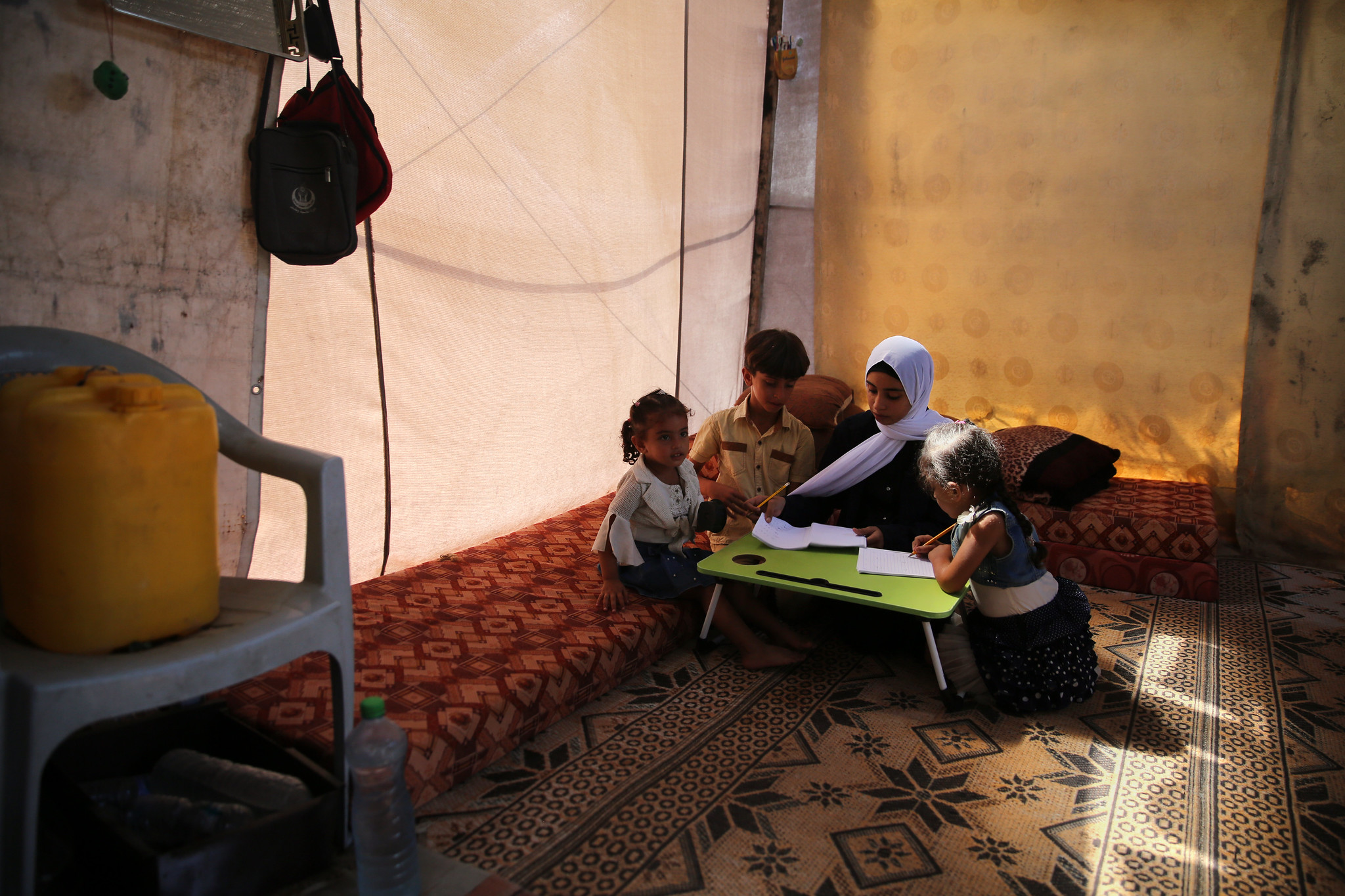
As a Disability-led organization, we think it’s important to share the wealth. Here are five newsletters that we think you should read|Credit: Staff Sgt. Levi Riendeau, USAF
The Disabled Journalists Association is far from the only game in town and, as a Disability-led organization, we think it’s important to share the wealth. Here are five newsletters that we think you should read. In full transparency, some of our team members are close friends with some of the writers and/or have freelanced for some of the publications listed below. What can we say? We love great writing—and hope you do too.
Disability Debrief — Peter Torres Fremlin
It’s rare that a media project aimed at policy is as endlessly readable as Peter’s. There is a tendency in the Disability community for policy-related writing to be shrouded in mystery, drowning in acronyms and behind rhetoric that only the biggest policy wonks can wrap their heads around. As someone who has worked all over the world—and is deeply interested in how disability advocacy manifests itself across the world and not just in affluent Western countries—Peter’s newsletter has tackled confronting internalized ableism, how the professionalism of the disability advocacy space is complicated, and how Argentina’s government is working to dismantle disability protections.
The View From Down Here – Lucy Webster
A former BBC journalist, Lucy—who has published a book with the same name—speaks candidly about what it’s like to be a Disabled woman living in Britain today. She’s written about the loneliness of being a trailblazer, how challenging it can be to be proud of your disability in the current moment and the many forms advocacy can take. While DJA doesn’t publish many opinion pieces, we recognize that these newsletters—ones that take a journalistic approach to personal experience—are valuable for Disabled journalists and readers of all identities.
(Un)Hidden — Alex Green
Institutionalization might be unrelatable to most people, especially for those who feel secure in their privilege and their safety. Alex Green, a journalist and Harvard instructor, pulls back the curtain on what it means when we hide from the dark parts of Disability history. He’s written a book about Walter Fernald, one of the key American figures in the eugenics movement. He’s written about the first disability pride parade, about a student journalist’s key role in getting thousands out of institutional settings, and about how government systems have contributed in hiding away some of the darkest parts of American disability history.
Accessible Voting Booth — Sarah Blahovec
Do you ever wish you could look at a simple snapshot of voting-rights issues for Disabled people? Blahovec—who also runs a non-profit aimed at empowering disabled people to run for office—writes this newsletter and gives enlightening insights into the current barriers facing disabled people at the ballot box. A former employee of the National Council on Independent Living, Blahovec is a key resource when it comes to identifying where political fracture has disabled people as its collateral damage. She’s covered voting rights efforts in the American South, ballot initiatives in Michigan and the ongoing arguments across the country about discriminatory voter identification laws.
The Sick Times Newsletter — Miles Griffis and Betsy Ladyzhets
If you set an assignment where you were expected to create a news outlet, the hardest version of that would be to create a single-issue project, covering the largest mass disabling event in many decades, and to do it as a non-profit. Well, Miles and Betsy, in founding The Sick Times, are doing just that and their newsletter is a key aspect of their mission to inform more people about the impacts of long COVID. From highlighting new research, to the intersection with social determinants of health, to writing obituaries of key advocacy figures, The Sick Times is a testament to what can happen when good journalists combine effort with support. We believe that we’ll look back on how Long COVID was covered thirty years from now and see The Sick Times as a key light in the darkness of denial.
More DJA Coverage
XINGCHEN XIAO via Pixabay This week, we have Florida facing obstacles with Disabled parking spaces and extending...
By
January 30, 2026
There is a dearth of coverage about the hundreds of thousands of people, including 21,000 children, who...
By
January 15, 2026
When I started working in media in 2009, at a music publication, I didn’t have the knowledge and skills I...
By
January 13, 2026


